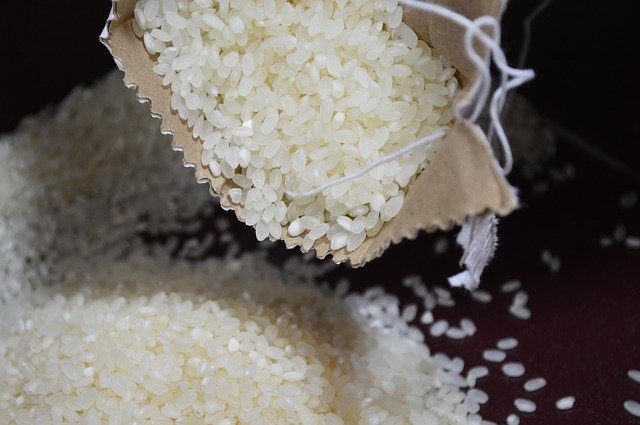
-
The Department of Finance ordered the Bureau of Customs to keep a tighter watch on rice imports and ensure taxes are collected properly following temporary reduction in tariff rates
-
BOC is reviewing valuation of rice shipments from Vietnam with most imports from there having values lower than that country’s prevailing export prices
-
Rice imports may shift from Thailand, Vietnam and Myanmar to countries with much lower values such as India
-
From January to April 30, BOC collected duties from rice amounting to P5.67 billion, 3.7% more than P5.46 billion year-on-year despite lower import volumes this year
Finance Secretary Carlos Dominguez III has directed the Bureau of Customs (BOC) to keep a tighter watch on rice imports to ensure proper collection of taxes following the temporary reduction in tariff rates on the commodity.
The order follows the issuance in May of Executive Order 135 that temporarily reduced the most favored nation (MFN) tariff rates on imported rice to 35% from 40% (in-quota) and 50% (out-quota) for a period of one year.
EO 135 noted that with increases in global rice prices and supply uncertainties, “there is an urgent need to temporarily reduce” the MFN tariffs on rice “in order to diversify the country’s market sources, augment rice supply, maintain prices affordable, and reduce pressures on inflation.”
Given the increase in rice prices from Association of Southeast Asian countries, Dominguez said there may be a shift in imports of Thai, Vietnamese and Myanmar rice to countries offering lower value.
“Just keep an eye on that,” he told Customs Commissioner Rey Leonardo Guerrero during a recent meeting, citing India as a possible source of cheap rice imports.
Guerrero reported BOC is reviewing valuation of rice shipments from Vietnam after discovering most of that country’s import values were declared lower than the prevailing published prices for rice exports.
“Many of these importations are under a tentative assessment so we are reviewing the payments,” the customs chief said.
Guerrero said the average value of rice imports mostly from Vietnam dropped 12.7% to P19,312 per metric ton in May 2021 compared to P22,119 per MT in the same month last year.
The average value of rice in May was also lower than the P21,066 per MT recorded in April and P22,119 per MT in March.
In previous meetings, Guerrero had reported increasing tariff collections despite lower import volumes because of a steady improvement in the BOC’s valuation system.
Preliminary data showed that from January 1 to April 30, a total of 804,360 MT of rice shipments worth P17 billion entered the country, representing a 9.2% decline from the 885,645 MT valued at P16.4 billion imported during the same period last year.
BOC revenues collected from January 1 to April 30 imports amounted to P5.67 billion, 3.7% more than the P5.46 billion during the same period in 2020, despite lower import volumes of the cereal this year.
From an average of P18,508 per MT recorded from January 1 to April 30 in 2020, the average value of rice imports rose to P21,096 per MT during the same period in 2021 or an increase of 14%, Guerrero said.
In September last year, BOC subjected several rice importations to post-modification and post-clearance audit to ensure that undervalued shipments were properly assessed and subsequently paid with the correct amount of duties and taxes.
At the height of the pandemic-related strict quarantines imposed last year, BOC allowed traders to avail of provisional goods declaration in processing their shipments to help stabilize the supply of rice in the market.
But the customs bureau later found the valuation of several rice shipments with provisional goods declaration to be lower compared to the prevailing market prices, prompting BOC to conduct a post-audit on these imports.




